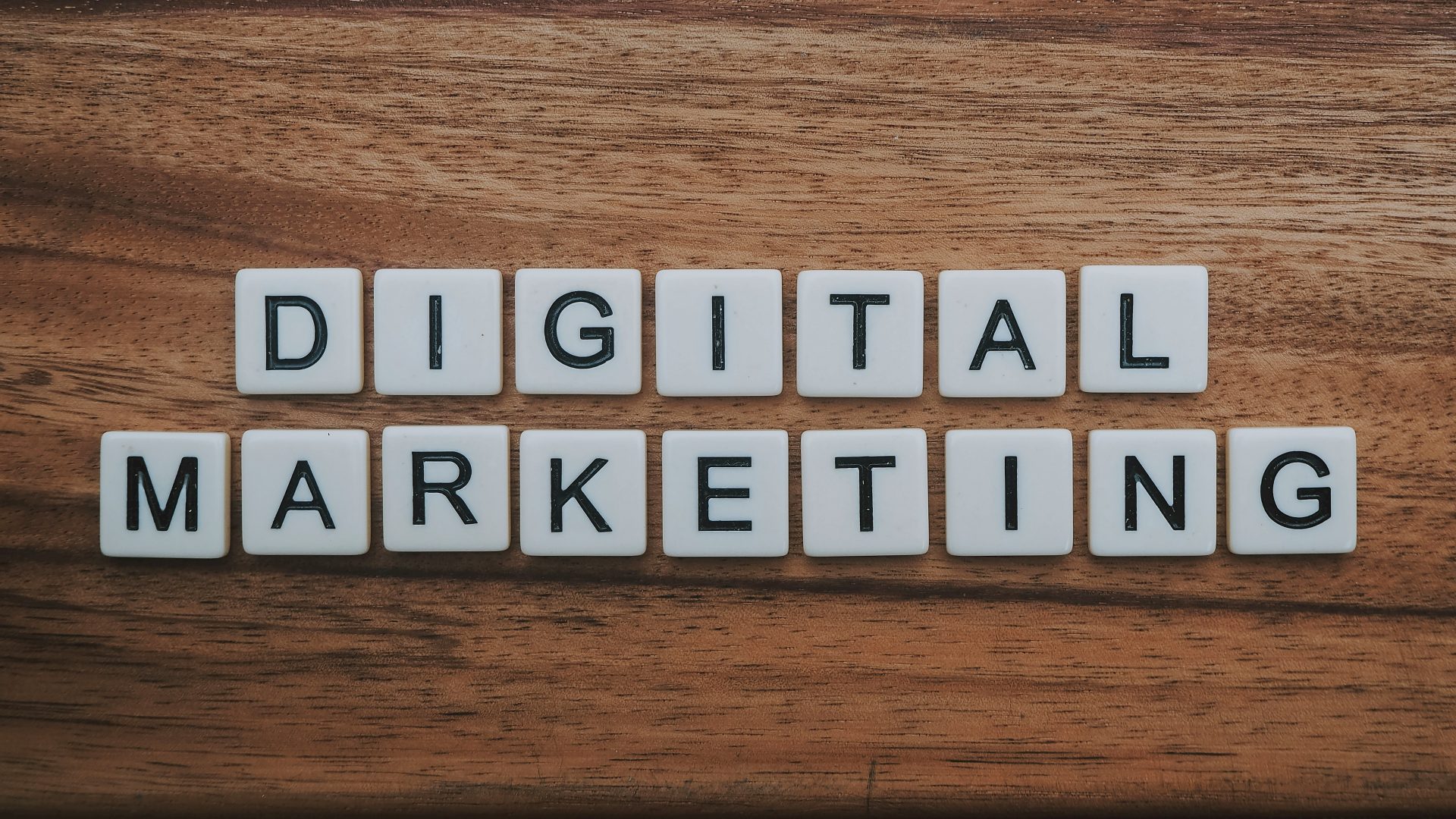In today’s connected world, a strong online presence is no longer optional; it is fundamental to your business success. Digital marketing has become the driving force behind brand visibility, customer engagement, and long-term growth for companies worldwide, including those in New Zealand.
At its core, digital marketing involves the strategic use of online platforms and tools to promote products or services, connect with audiences, and achieve measurable results. From search engines and social media to websites and blog campaigns, every online interaction presents an opportunity to influence decisions, build authority, and foster lasting customer relationships.
This comprehensive guide explains what digital marketing is, how it works, and why it is essential for any business that wants to thrive in the modern marketplace.
So, What is Digital Marketing?
Digital marketing is not a single tactic or campaign; it’s a comprehensive, integrated approach. This requires combining creativity, technology, and analytics to achieve specific business goals. Where traditional marketing relied on print, radio, and television, digital marketing uses data and connectivity to reach audiences where they spend the most time online.
At its heart, digital marketing is about visibility. The right message, delivered through the right channel, at the right time, can reach a customer whether they are searching Google, scrolling through social media, or reading a blog on LinkedIn.
The main components include search engine optimisation (SEO), paid advertising, social media management, and high-quality content creation. When used together, these elements form a cohesive digital ecosystem that attracts, converts, and retains customers.
How Digital Marketing Works
Multi-channel strategy
A successful digital marketing strategy engages users across multiple touchpoints. A customer may discover your brand through Google, explore your products on social media, and purchase via your website. Each interaction builds trust and moves them closer to your conversion, sales, or contact endpoint goals for your business.
Data-driven decision-making
Unlike traditional marketing, digital channels provide measurable data. Analytics tools track how users interact with your campaigns, revealing which messages drive engagement and which need improvement. These insights guide better decisions and higher returns.
Consistency across platforms
Brand consistency is crucial. Whether your audience visits your website, reads a blog post, or clicks a paid ad, they should experience the same tone, values, and design. A unified digital presence increases recognition and loyalty.
Core Types of Digital Marketing
Search Engine Optimisation (SEO)
SEO focuses on improving visibility in search results. It involves optimising website content, structure, and performance to rank higher on Google. A well-executed SEO strategy attracts visitors organically and builds credibility over time. Your marketing specialist should also target GEO and AI search results, ensuring that your content ranks in Google overviews and on LLMs, including ChatGPT.
Pay-Per-Click (PPC) and Google Ads
Pay-per-click advertising delivers instant visibility by placing ads at the top of search results. Businesses only pay when users click their ads, making it a cost-effective and results-driven approach. Google Ads is one of the most powerful PPC platforms for targeting specific audiences.
Content Marketing
Content marketing establishes authority by providing valuable information. Blogs, videos, case studies, and guides educate and engage audiences, establishing your brand as a trusted resource. Effective content marketing combines storytelling with keyword strategy to improve organic reach.
Social Media Marketing
Social media enables brands to connect with customers in real-time. Platforms like Facebook, Instagram, and LinkedIn enable businesses to build communities, share updates, and showcase their unique personalities. When combined with other digital strategies, social media marketing will strengthen brand awareness and drive web traffic.
Monthly Retainer Marketing Strategies
Retainer marketing keeps your website active, relevant, and performing at its best. By applying monthly analytics, refreshing key pages, and adding new content, you create consistent momentum that drives long-term growth. Regular optimisation improves search rankings, ensures your messaging stays aligned with audience trends, and keeps your brand visible in competitive markets. This ongoing approach turns your website into a living, evolving asset, one that continues to attract new visitors, convert leads, and reflect the strength of your business over time.
Difference Between Digital Marketing vs Traditional Marketing
Both digital and traditional marketing share the same goal: reaching customers and generating sales, but they differ in their delivery and measurement methods. Traditional marketing uses print ads, billboards, and broadcast media to create broad awareness. These methods can still be powerful, but are less targeted and harder to measure.
Digital marketing, by contrast, allows for precise audience segmentation and real-time performance tracking. A small business can target only potential buyers within New Zealand, adjust budgets daily, and instantly see which channels deliver the best results. The flexibility and cost-efficiency of a strong marketing digital approach make it the preferred choice for most modern brands.
Why Digital Marketing Efforts Matter for NZ Businesses
Reach your audience where they are
Over 90% of New Zealanders are online daily. Digital marketing ensures that your brand is visible where your customers spend their time on search engines, social media, and mobile devices.
Measurable, scalable growth
Every action in digital marketing can be tracked and analysed. From impressions and clicks to sales and subscriptions, data allows for continual optimisation. Businesses can scale successful campaigns and reallocate resources for maximum efficiency.
Competitive advantage
Digital marketing levels the playing field. Smaller companies can compete with larger ones through effective SEO strategies, targeted advertising, and compelling brand storytelling. In a crowded marketplace, visibility and agility make all the difference.
Building a Strong Digital Marketing Strategy
Define your goals
Every successful campaign begins with clear objectives. Whether the aim is to increase traffic, generate leads, or build brand awareness, measurable goals ensure focus and accountability.
Know your audience
Understanding your audience’s needs, behaviours, and pain points shapes your messaging. Utilise demographic data, keyword research, and analytics to create buyer personas that accurately represent your ideal customers.
Choose the right channels
Each platform serves a unique purpose. SEO drives long-term growth, Google Ads delivers immediate visibility, social media builds community, and content marketing nurtures engagement. Selecting the right combination depends on your goals and resources.
Measure and refine
Continuous improvement is the essence of digital marketing. With an accurate conversion tracking setup, businesses can use statistical methods to perform ad experiments. Campaigns should test headlines, visuals, creatives, or slight changes in Calls to Action (CTAs). Proper tracking and data application can lead to a more effective strategy and enhance your campaign performance. Over time, this process sharpens strategy and maximises return on investment.
Common Mistakes to Avoid in Digital Marketing
- Neglecting SEO fundamentals – without optimised content and site structure, even the best campaigns struggle to perform.
- Over-reliance on paid ads – PPC works best when paired with organic strategies for sustainable growth.
- Inconsistent branding – disjointed messaging confuses audiences and weakens trust.
- Ignoring analytics – data provides direction; skipping measurement wastes both time and budget.
- Lack of content quality – publishing without a strategy or value fails to attract the right audience.
- Cliched marketing messages – your digital marketing should be offering your customers a strong value proposition every time.
Avoiding these pitfalls helps maintain a strong, adaptable marketing presence.
The Future of Digital Marketing
The digital landscape continues to evolve. Artificial intelligence, automation, and personalisation are reshaping how brands connect with audiences. Voice search, predictive analytics, and data privacy regulations are influencing both strategy and technology.
In New Zealand, the future of digital marketing will focus on authenticity, transparency, and value-driven communication. Consumers are increasingly seeking brands that align with their values and provide meaningful experiences, rather than merely transactions.
By combining creativity with data and keeping customer needs at the centre, businesses can thrive in this changing environment.
Ready to Build Your Digital Marketing Strategy?
Digital marketing is more than a buzzword; it is the foundation of business growth in a connected world. From SEO and Google Ads to social media and content creation, each channel plays a vital role in reaching the right audience and achieving measurable outcomes.
If you are ready to transform your online presence, The Web Guys can help. Our Digital Marketing Services combine strategic insight, expert execution, and continuous optimisation to deliver results that matter.
Contact us now to discuss how a targeted marketing digital strategy can help your business grow, compete, and succeed online.







